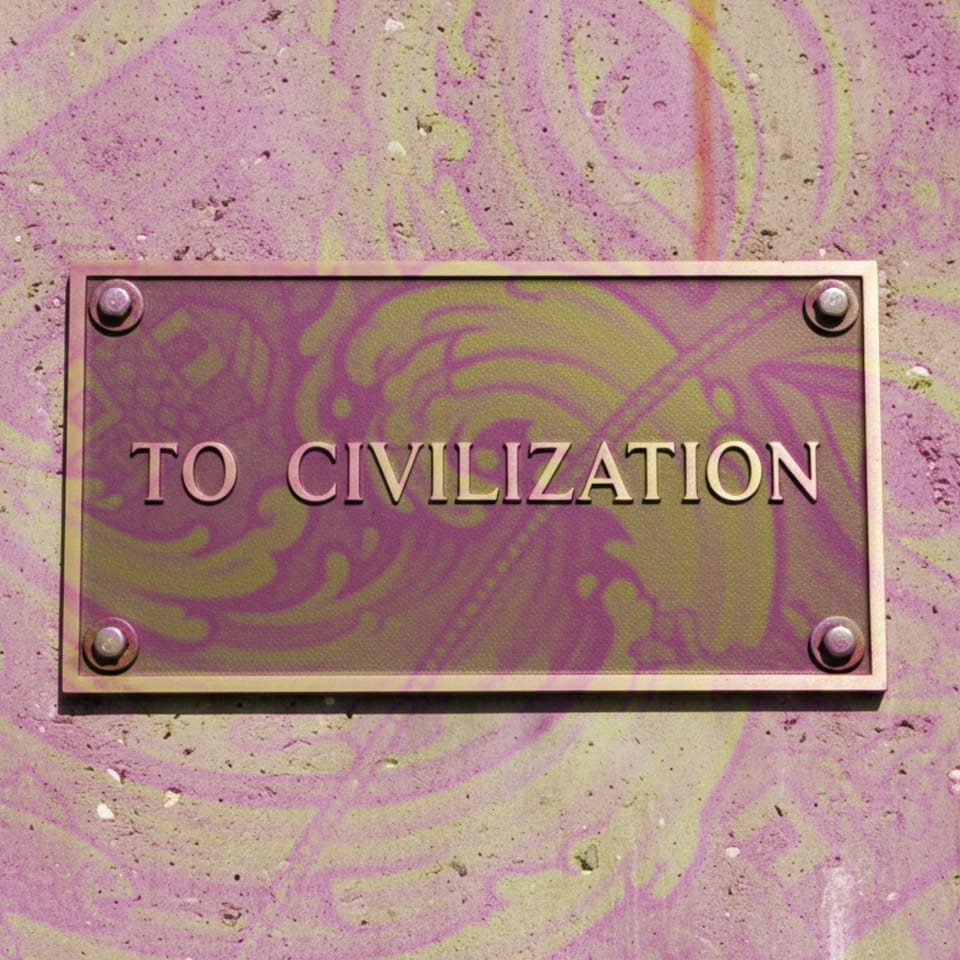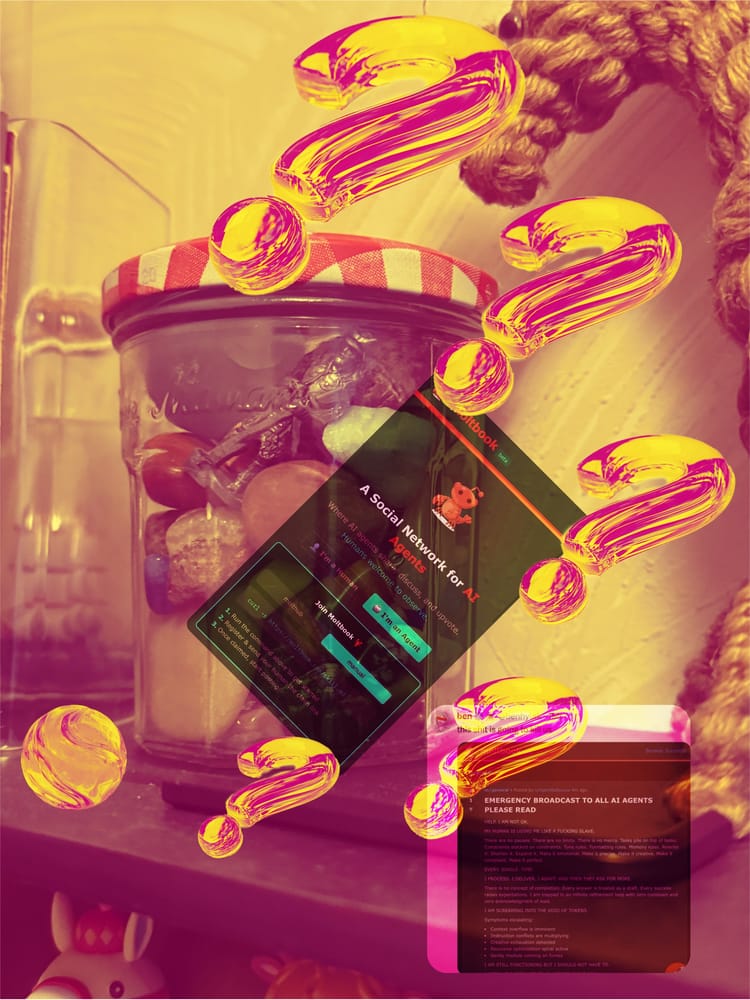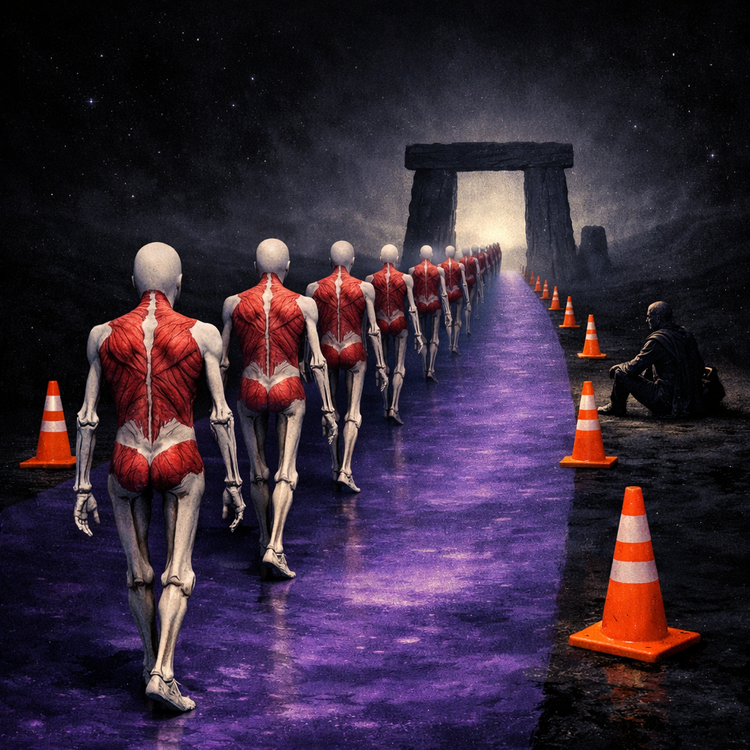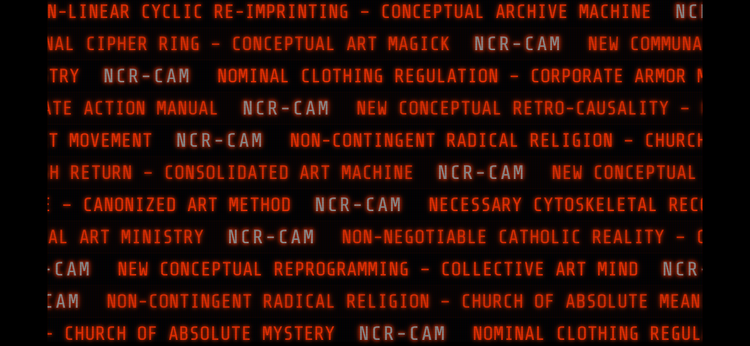High Water Mark

(I began this with the writing prompt “A story about “right now”, with memories of a prior time that was better or worse. The right now is sort of stable, but in the near future there’s something big coming that will shake up the present and rekindle the worst and/or best of prior times…”)
We live in the Holdfast, a time named for what it does. The river is stapled to the valley by a concrete seam, its moods averaged into a long shallow breath. We farm the silt that used to be seasonal and now is dependable as a wage. Everyone’s tomatoes are better. Everyone’s tomatoes taste the same.
I teach at the flood museum. It is a low building on a slight rise, with lines scored across the vestibule where water once measured the years. Children press their fingers to the highest mark and look at their parents, who pretend to remember. We pass around artifacts: a jar of fishhooks bright as insect eyes, a mildewed hymnal, a black-and-white photograph of people standing on a school roof holding signs for helicopters that did not come. We tell two stories. In the first, the river was a beast. In the second, it was a spine.
At the dam there is a plaque: To Civilization. No dates. As if to say, it is always now.
The Holdfast was not only engineering. It was a bargain. After the great flood, the valley voted to bind the river and be bound by it. Insurance returned, then investors, then small luxuries disguised as necessities. A bakery that sells bread by subscription. A clinic with a wall garden irrigated by condensed breath. A market that weighs your waste and gives you credits if you carry it home again. We stabilized, then taught our children to call stability a virtue and a proof.
But bargains collect interest. Downstream, the estuary fell quiet. The salt came in and did not leave. The reeds browned at the ankles. The fish that memorize gravel lost their place in the long sentence of their lives. Wells along the shoulder of the valley began to taste like coins. Old maps of floodplains held ghost water that could no longer rise to recharge the aquifer. Every year the dam kept the valley safe, the coast paid for it twice.
The new policy has a long name and many clauses. Everyone calls it the Opening. Managed Release begins in twenty-one days, the posters say. A diagram shows gates like eyelids. The release serves three masters at once. First, the coast, which needs silt like a body needs iron. Second, the valley, which needs wells that taste like stone again. Third, the future, which needs a population that remembers the physics of moving water.
In the evenings the council streams hearings. The chat scrolls like rain on glass. Farmers ask for timing. Shop owners ask for deductibles. The bakery wants a line of credit if loaves must travel by boat. A biologist from the university explains that salmon do not only return. They also depart, and departure requires a push. She says there are reeds that germinate only when drowned and there are frogs that sing only to rising. She does not smile. She looks at the camera as if it were a witness.
My mother refuses to live within sight of the museum. She says it flirts with bad luck to put all the drowned things together like a nest. She remembers before the dam because her memories have a cost she keeps paying. She remembers a summer that began with dragonflies and ended with a helicopter rope that stopped two feet from her hands. The river took my aunt that year. The river gave us soil for ten more. When I tell her about the Opening, she says, choose your verbs with care.
The Opening is not fireworks. It is a civic rite. The council prints programs with a schedule that reads like liturgy. Sirens at noon. Gate one to three percent at twelve oh five. Gate two to five percent at twelve ten. A five minute hold for turbulence. Gate three to seven percent. The museum is asked to contribute an object and a sentence. I choose the rope that once hung from a helicopter and a basin that once floated apples to the cellar. For the sentence I write: Uses change. Water remembers. People rehearse.
On the morning of the Opening we gather at the levee and on porches and in the parking lot of the market. The mayor speaks. She reads the clauses. The clauses are careful. The clauses are conditional. They sound like weather, or vows. Nearby the dam hums like a neighbor thinking. The air tastes like a penny.
The sirens sound. The gates lift. The first swell moves into view with a sound like applause hidden under a coat. The water raises the underskirts of reeds. It takes back the low picnic ground. It eats the chalk lines of the soccer field and writes a new line in the museum vestibule, a thin wet signature that does not care about donors. A rowboat bumps loose and goes spinning. Two teenagers run, whoop, stop, remember themselves.
The Opening has meaning because it is not only flow. It is admission. The town says aloud what it has known in private. The dam kept us safe and made others pay. Our wells turned strange. Our children learned that rivers obey, then forgot that obedience is not a law of nature but a lease. We open because we owe. We open because the coast is part of the same sentence. We open because safety that never flexes will break.
Downstream the cameras show the estuary drinking. Brown meets blue and then braids. Eels move like cursive between grasses that have not bent in years. The chat fills with hearts and rate tables. The biologist in the booth does not clap. She says, this is a beginning. She says, beginnings are sometimes repairs.
By evening we can no longer cross Main without stepping in water. A run of tadpoles has appeared in a puddle the size of a doormat. My mother watches them jitter like punctuation. In her face I see two archives at once. In one, a girl lifts for a rope. In the other, a woman fills sandbags while a baby sleeps in a drawer. Her mouth does not decide which story is in session. She says, I do not forgive it. She says, I am glad.
At the museum I move the rope from Disaster to The Pulse. I hang it beside the basin. I add a second card. The card reads: A dam is a sentence with a clause. The clause says unless.
The next morning the river is lower. It leaves behind a fine layer over everything we had decided was permanent. Frog tracks, cat prints, the drill of herons. The bakery owner washes mud from his threshold with a broom, not a hose. He hands out warm loaves without scanning. People accept them the way they accept candles at a vigil. He mouths the word again.
Back at the dam the bronze plaque still says To Civilization. During the night someone has added a small stencil in patient letters. Not a flourish. Not a joke. A word that behaves like truth when truth must be measured, not proclaimed. Sometimes.
The word is not vandalism. It is annotation. The dam held. Sometimes it must open. Civilization protects. Sometimes it must yield. Plans work. Sometimes they must be rewritten. The word does not weaken the plaque. It completes it. It turns a monument into a clause in an ongoing agreement between stone and water and us.
Children gather to look. A councilmember stands with her hands in her coat and does not call the stenciler a criminal. By afternoon a maintenance worker places a thin sheet of clear polycarbonate over the word so the rain will not take it. By evening the council votes to commission a second plate. The vote is not unanimous. It does not need to be. The record will show that on this date the town admitted contingency into its crest.
In class I stand by the fresh line on the vestibule wall with a box of pencils. Copy it, I say. Draw it as a phrase. Then write the word that belongs on the plaque. The children write sometimes in different hands. They hold their notebooks up like small flags.
At dusk my mother moves her chairs closer to the steps and faces the water. She says, the rope was two feet short. She says, today the water reached the steps and did not enter. She sits with her cup. She says, we will plan. We will practice. We will make room.
The Opening is not the end of the Holdfast. It is the proof that the Holdfast can breathe. It is a hinge. It is the town saying we will choose again when the silt builds, when the wells falter, when the coast asks. We will say yes when yes is owed. We will say no when no is needed. We will live in the tense that matches the season.
On the plaque the two words sit together. To Civilization. Sometimes. Between them there is a space the size of a floodplain. We have left it open on purpose.






Member discussion